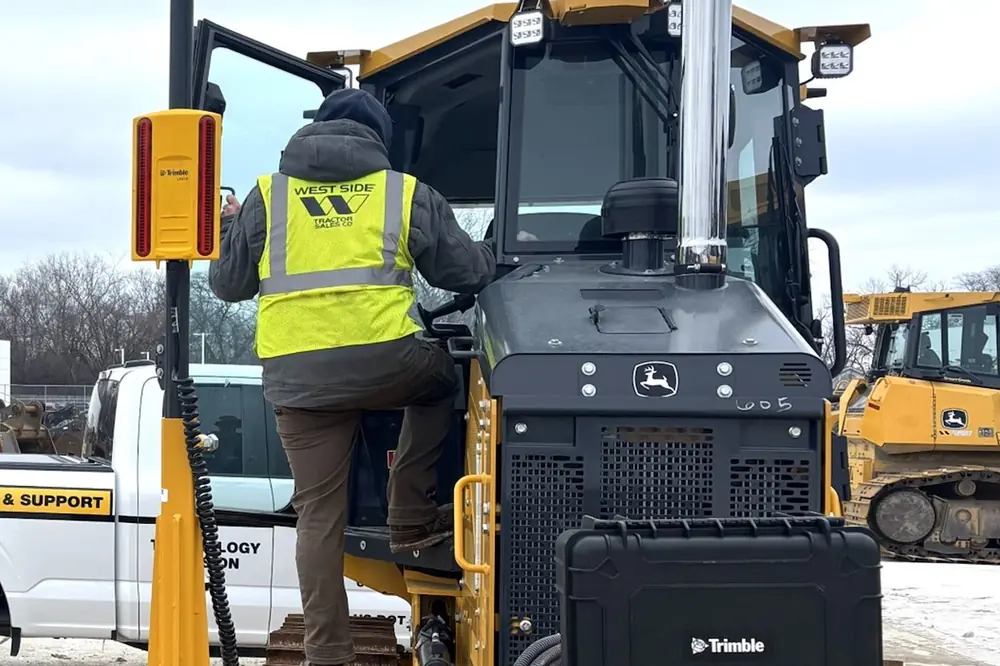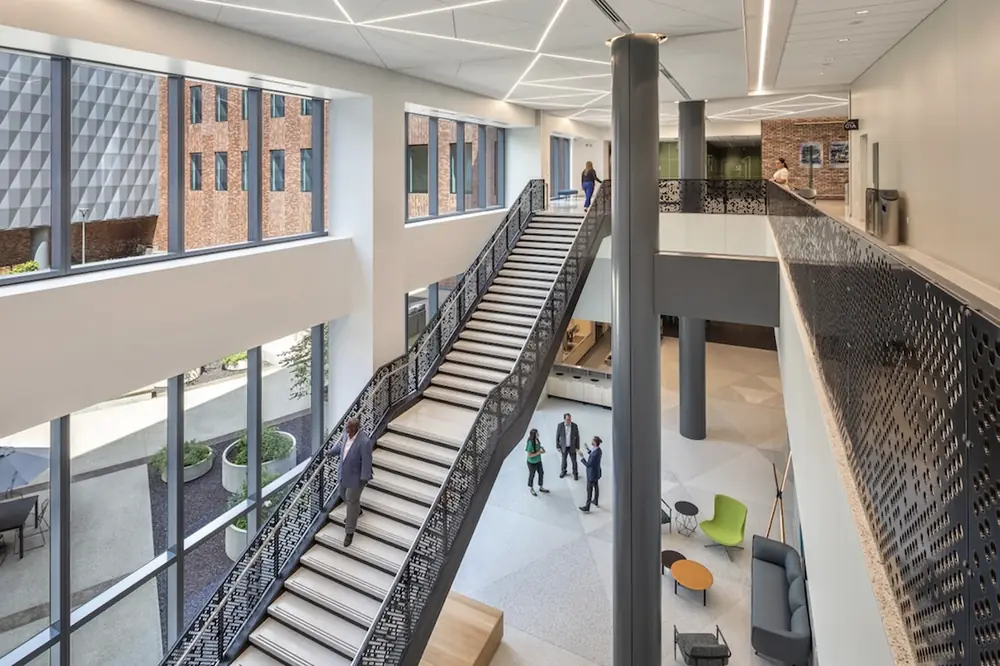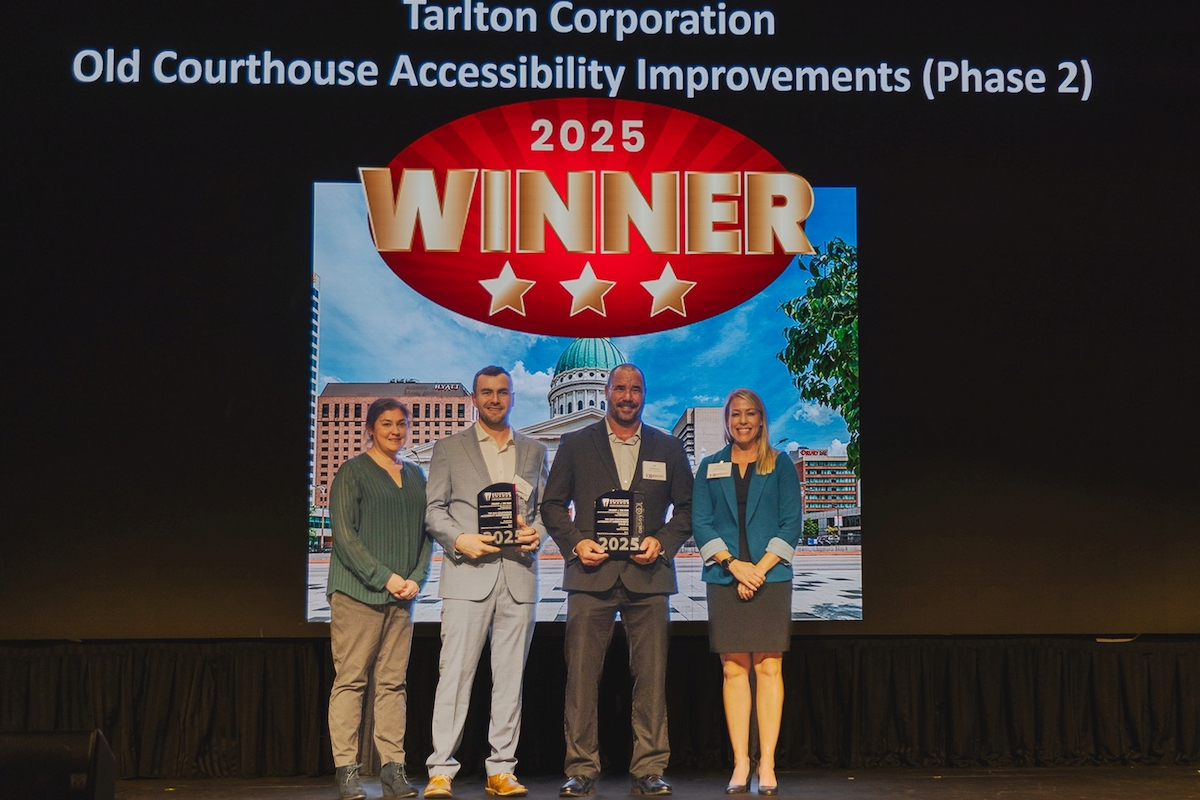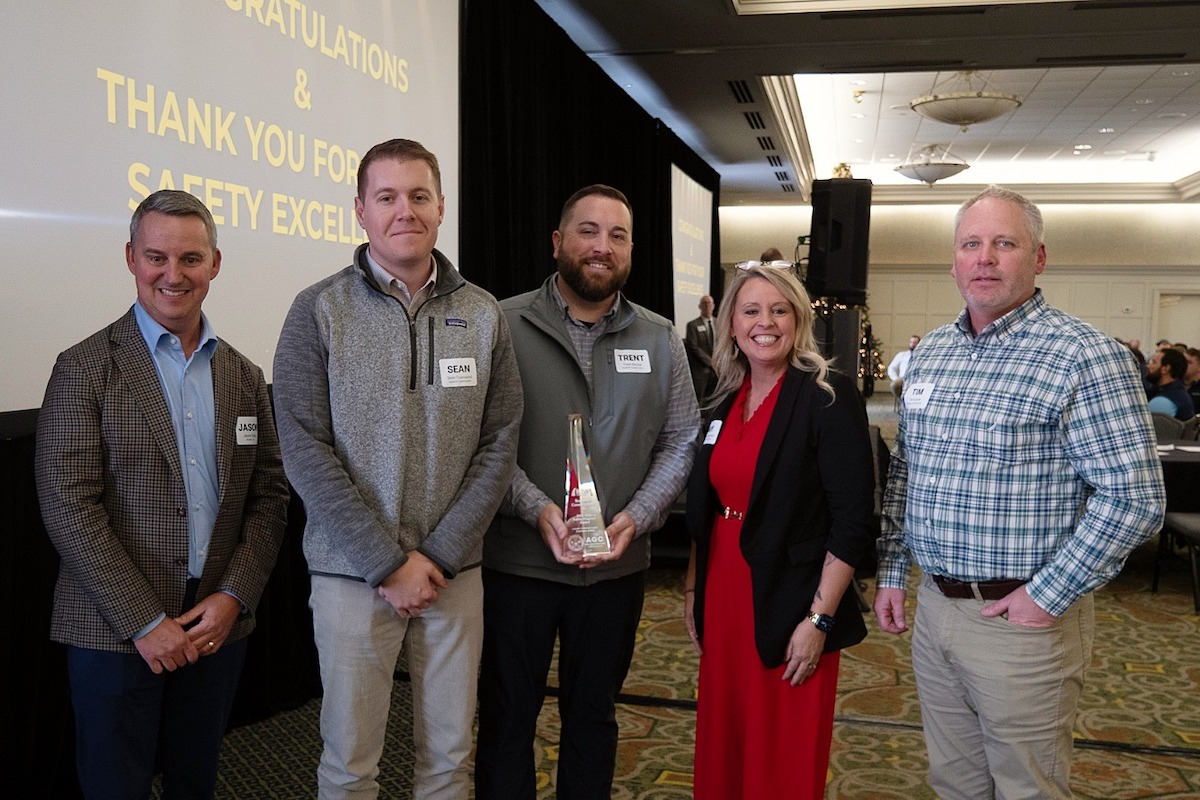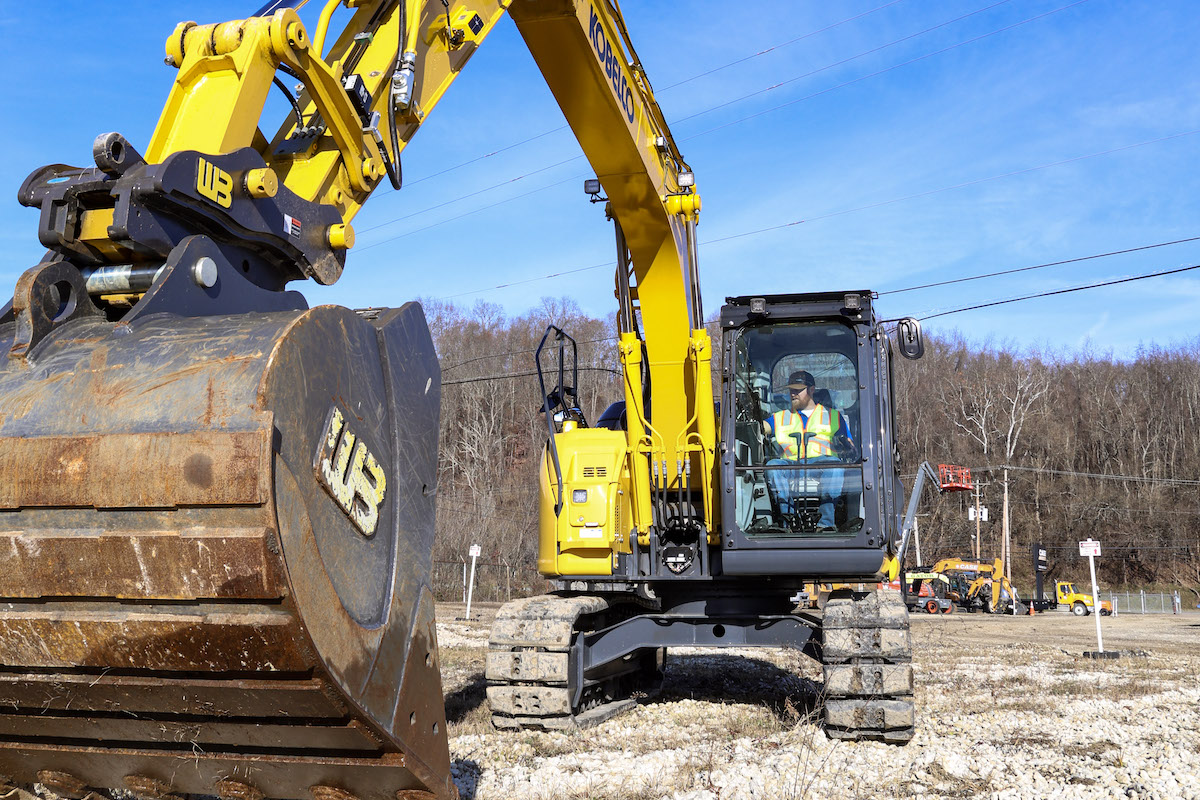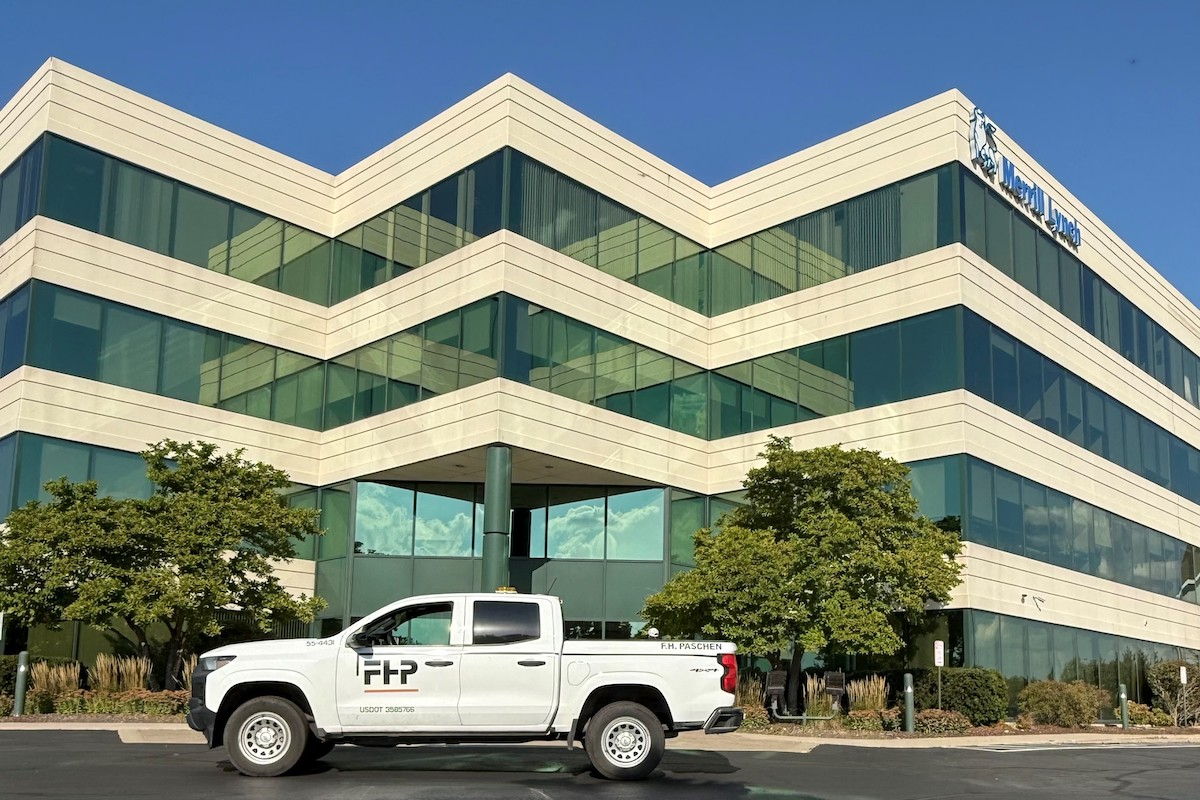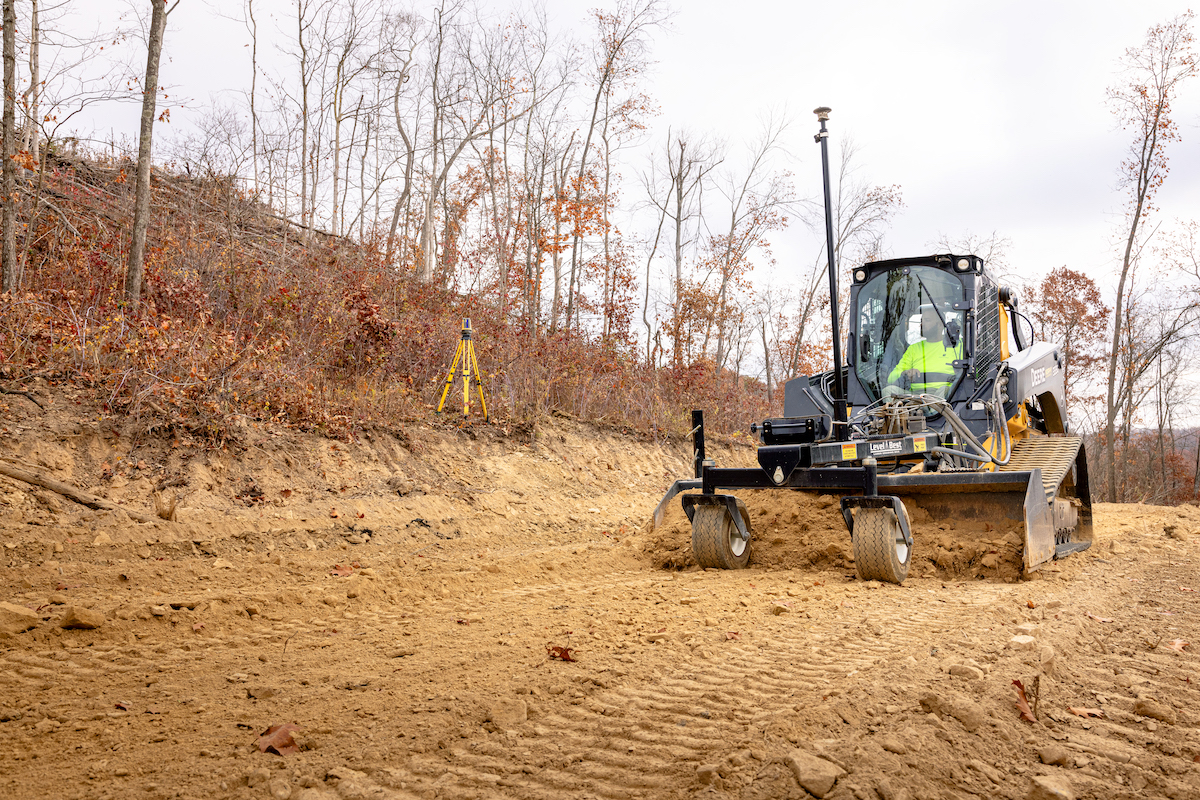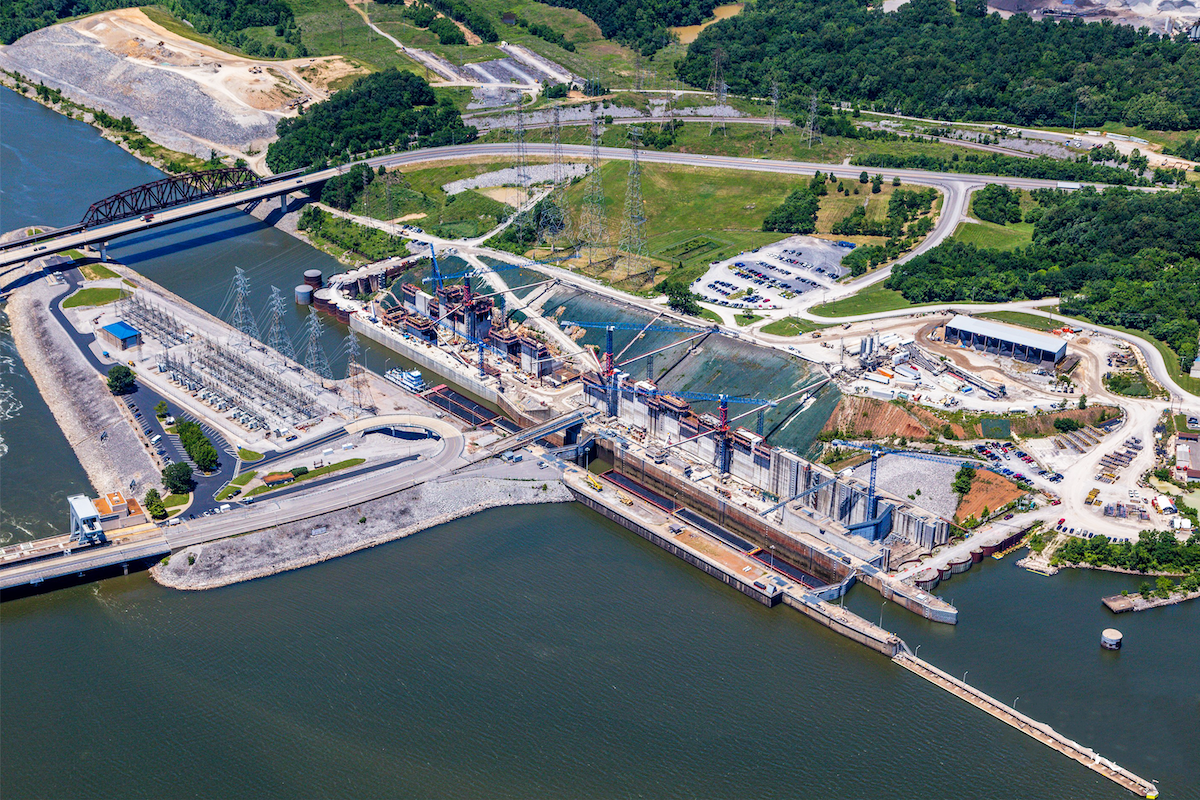Across the industry, contractors face an ongoing challenge: securing and retaining the skilled labor necessary to meet growing demands. The need for reliable workers on job sites has never been more critical, but with a limited labor pool, contractors often struggle to keep projects on schedule without overburdening their core crews.
In the 2024 Workforce Survey conducted by the Associated General Contractors of America and Arcoro, over 90 percent of respondents reported difficulty filling some or all positions. The shortage is particularly pronounced in heavy civil sectors, where job complexity and environmental conditions can make staffing even more difficult.
One strategy gaining traction is the use of staffing firms. While often associated with temporary labor in other industries, staffing firms have evolved to offer specialized, flexible, and safety-conscious workforce solutions tailored to construction environments. The right staffing partner can help address shortfalls, maintain productivity, and reduce risk — all without compromising quality.
The labor shortages impacting construction are not new, but they’ve intensified in recent years. The workforce gap is also compounded by aging skilled workers, fewer young people entering the trades, and rising demand driven by federally funded infrastructure projects.
In the 2024 Workforce Survey, 54 percent of respondents reported project delays due to worker shortages. Contractors are then tasked with finding qualified workers fast, without sacrificing safety or compliance.

| Your local Gomaco dealer |
|---|
| Fabick CAT/MO |
Staffing firms are not a replacement for a contractor’s internal workforce or human resources department. Instead, they serve as an extension of your team, helping you quickly source and onboard vetted talent when and where you need it.
Services vary by firm, but common staffing models include:
- Temporary labor — for short-term or seasonal assignments
- Temporary-to-permanent — try out workers on the job before offering full-time employment
- Direct hire — assistance in finding and hiring full-time skilled tradespeople
- Project-based staffing — providing full crews for specific scopes or phases
Some staffing firms specialize in construction labor and understand the nuances of heavy civil work — union vs. non-union environments, prevailing wage compliance, department of transportation requirements, and site-specific safety protocols.
For contractors facing variable workloads and tight deadlines, staffing firms offer several tangible advantages.

| Your local Wirtgen America dealer |
|---|
| Brandeis Machinery |
Speed and Flexibility
Staffing firms maintain candidate databases and talent pipelines, allowing them to respond quickly to urgent needs. Whether you need a few flaggers by Monday or a full crew of formwork carpenters for a bridge project, having a flexible labor resource can prevent delays and reduce reliance on costly overtime.
Access to Broader Talent Pools
Many firms recruit year-round across multiple markets, including underrepresented communities, trade schools, and career transition programs. This expanded reach can help you find workers who might not be accessible through your own recruiting efforts.
Reduced Administrative Burden
The hiring process — background checks, drug testing, onboarding, payroll, benefits, and tax documentation — can be time-consuming. Staffing partners handle much of this on your behalf, letting your team focus on operations.
Risk Mitigation
Compliance and safety are non-negotiable in civil construction. Reputable staffing firms ensure proper worker classification, carry general liability and workers’ compensation insurance, and often provide site-specific safety training before placement.

| Your local Bobcat dealer |
|---|
| O'Leary's Contractors Equipment & Supply |
Despite the benefits, some contractors remain hesitant to work with staffing firms — often due to lingering misconceptions such as:
- Staffing workers aren’t as skilled — While this may be true with general labor staffing, many firms specialize in skilled trades and maintain rigorous screening and skills testing protocols. Some also invest in training and development to prepare workers for more complex scopes.
- Staffing is too expensive — It’s important to consider total cost, not just hourly rates. Labor costs are rising, often due to overtime and understaffing. The expense of a delayed project, crew burnout, or safety incidents often exceeds the cost of temporary labor.
- They won’t fit with our team — Integration starts with clear expectations and a good match. The best staffing firms prioritize culture fit and provide onboarding support to ensure temporary workers blend well with your crews.
- Understand the demands of heavy civil construction
- Offer safety programs and prioritize job site readiness
- Maintain clear, transparent pricing and service terms
- Support workforce development, training, or apprenticeship pathways
- Can provide client references in your segment of the industry
If you decide to explore a staffing partnership, not all providers are created equal. Look for firms that:
A good staffing partner doesn’t just fill a slot — they contribute to your success on the job site.
Staffing should not be the only solution in your workforce plan. But as part of a holistic strategy — alongside internal recruiting, training, mentorship, and retention programs — it can provide critical flexibility and capacity.

| Your local Takeuchi Mfg Ltd dealer |
|---|
| Brandeis Machinery |
As the industry continues to evolve, adaptability will remain a competitive advantage. Having the right workforce solutions in place — including reliable staffing partners — can make the difference between bidding confidently and passing on work due to labor constraints.
Heavy civil construction demands a skilled, responsive, and safety-focused workforce. While staffing firms may not solve every labor challenge, they offer a valuable tool for contractors seeking to stay nimble, productive, and profitable in a tight labor market. By partnering with the right firm and integrating staffing into your broader workforce strategy, you can tackle complex projects with greater confidence — and keep building the infrastructure our communities depend on.
Jackie Morales is the Chief Strategy and Growth Officer at Morales Group, where she leverages over 16 years of experience overseeing critical functions, from strategic partnerships to workforce development.

















